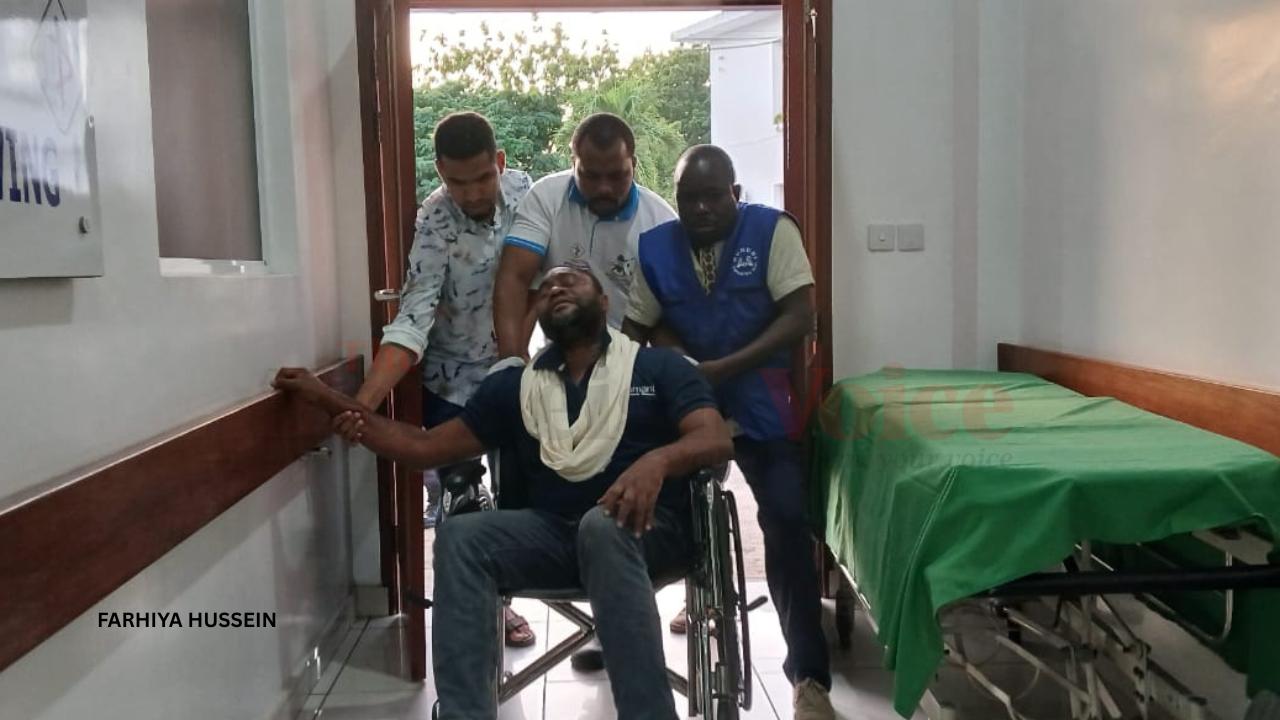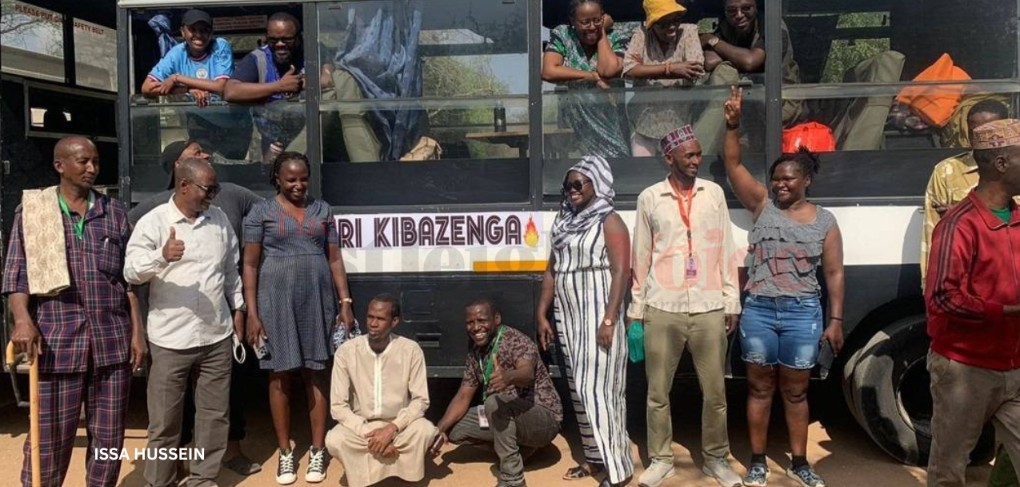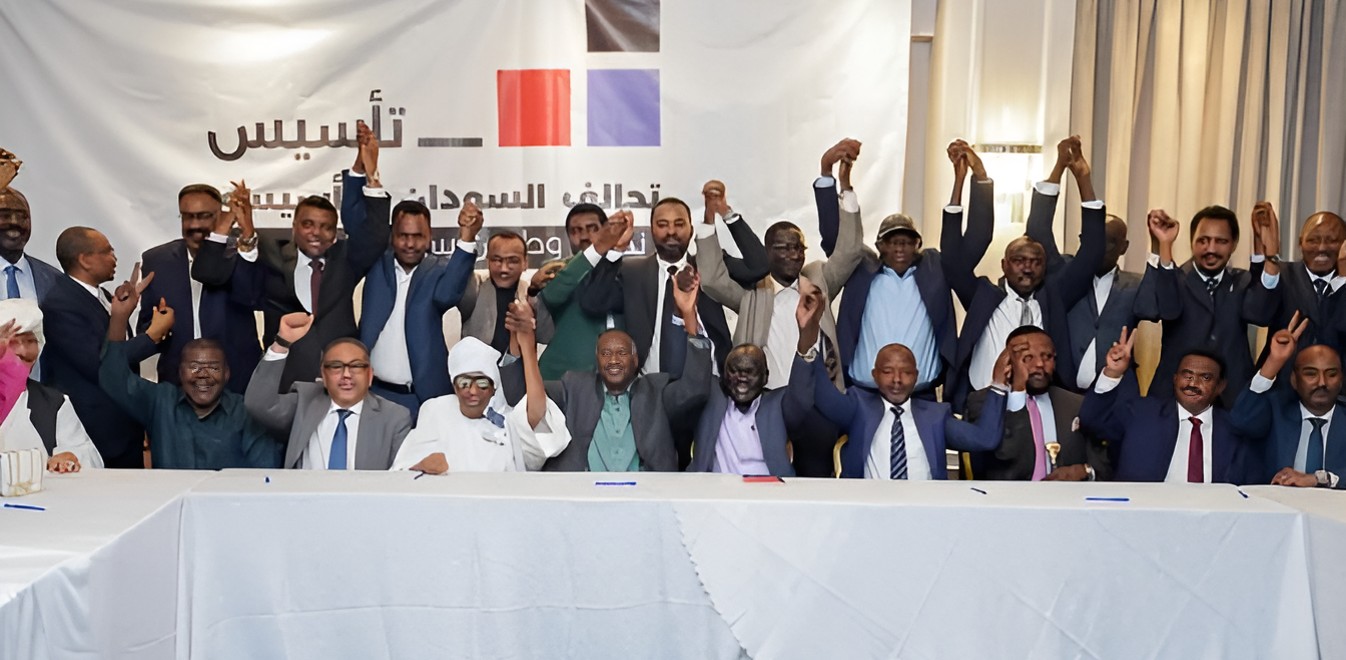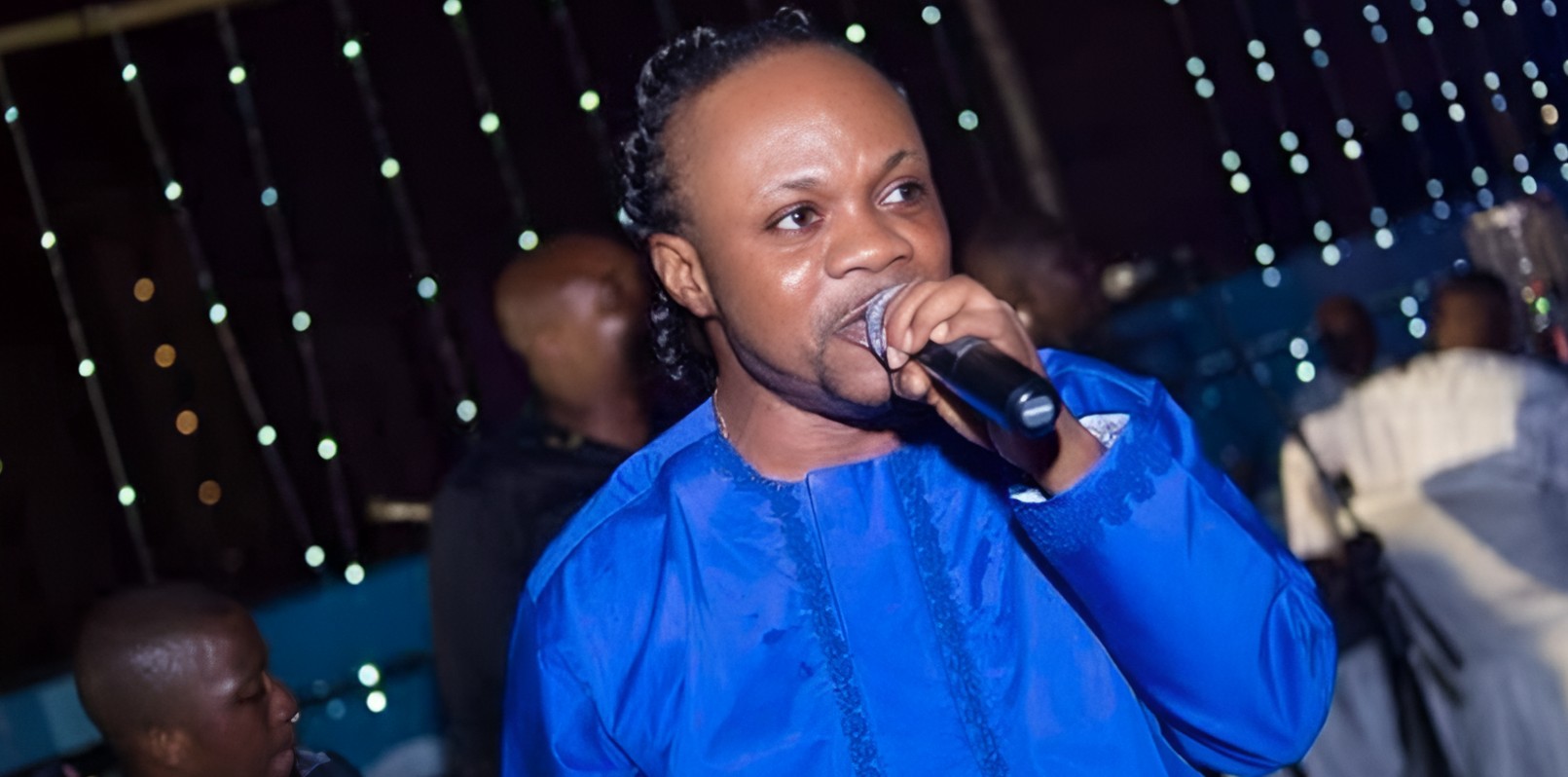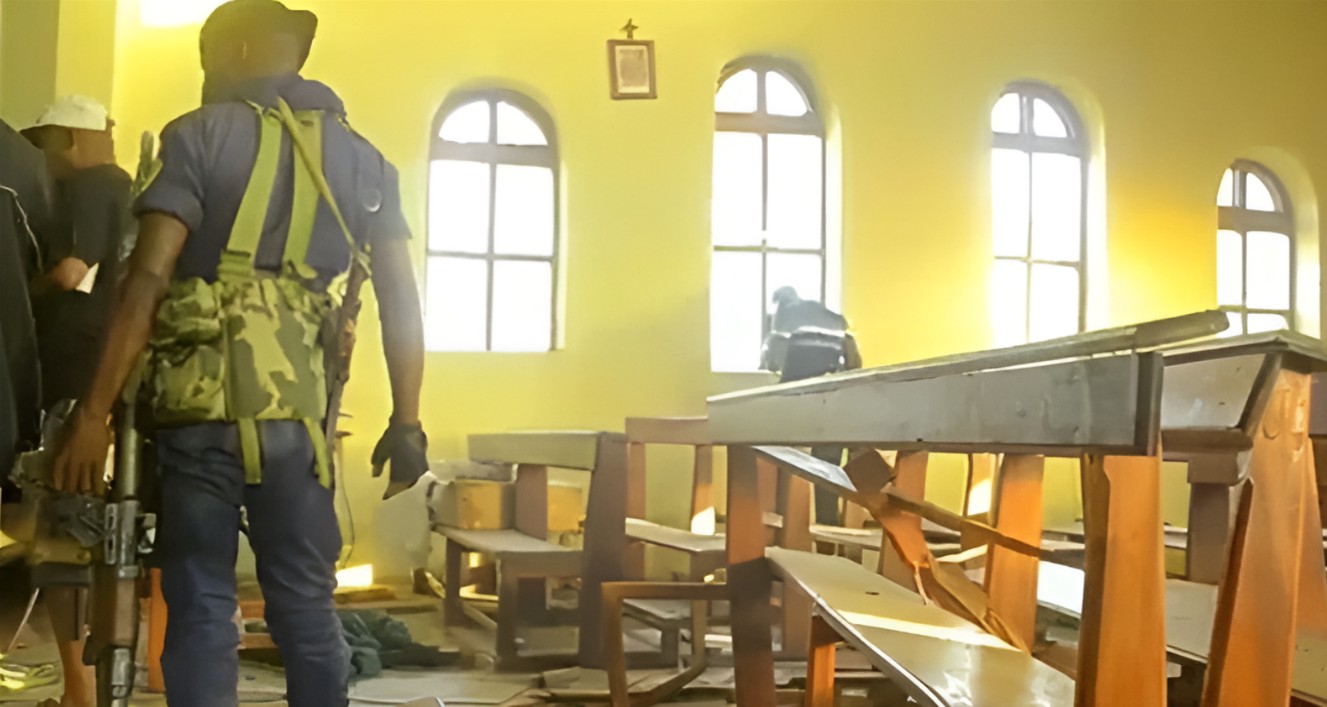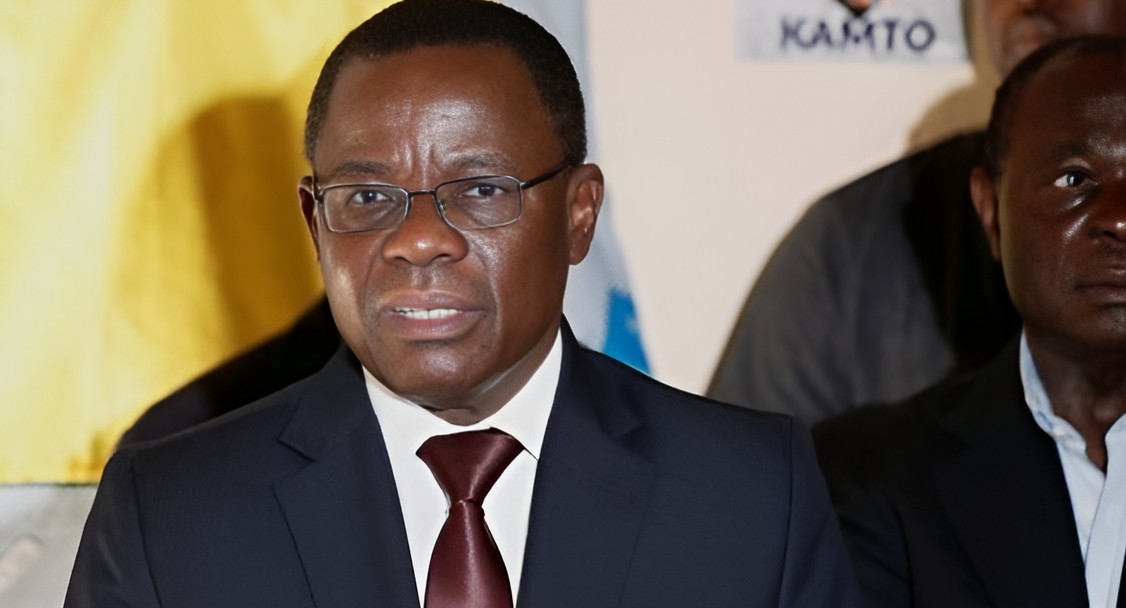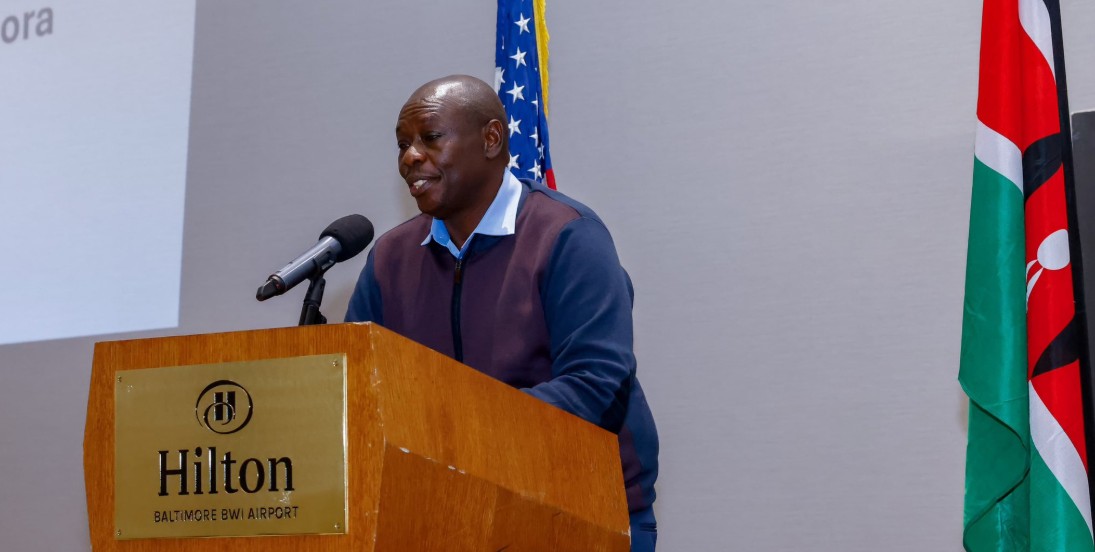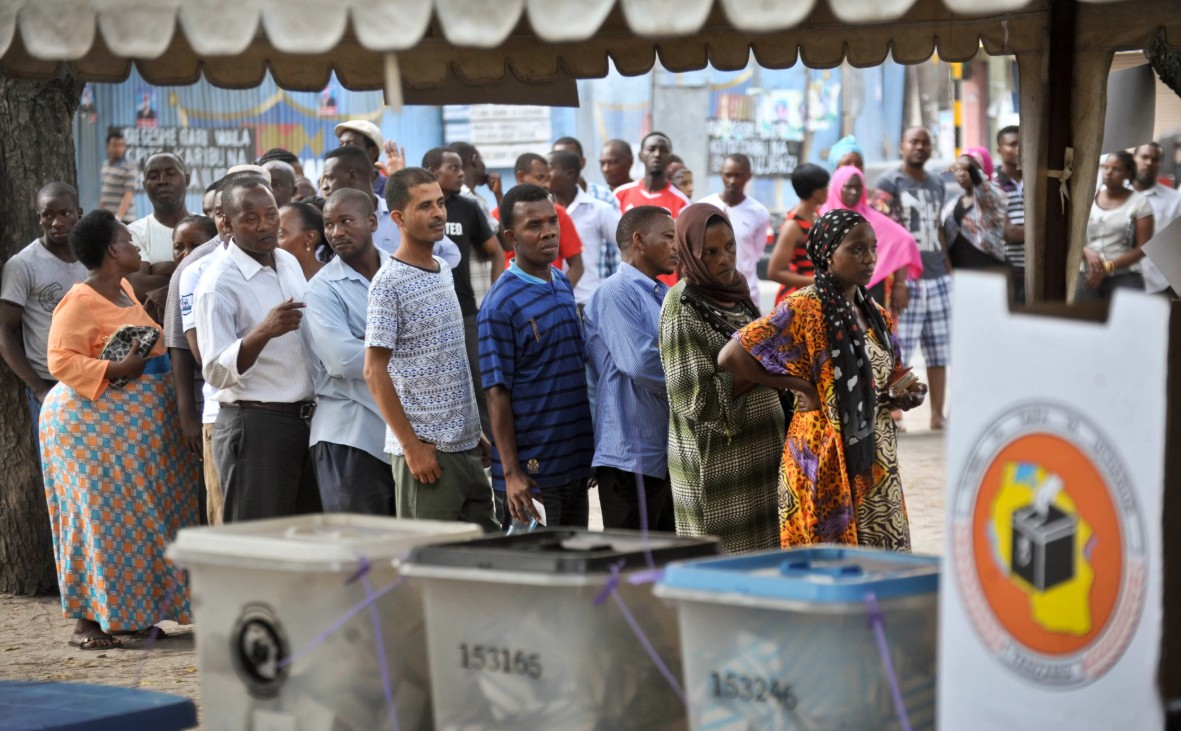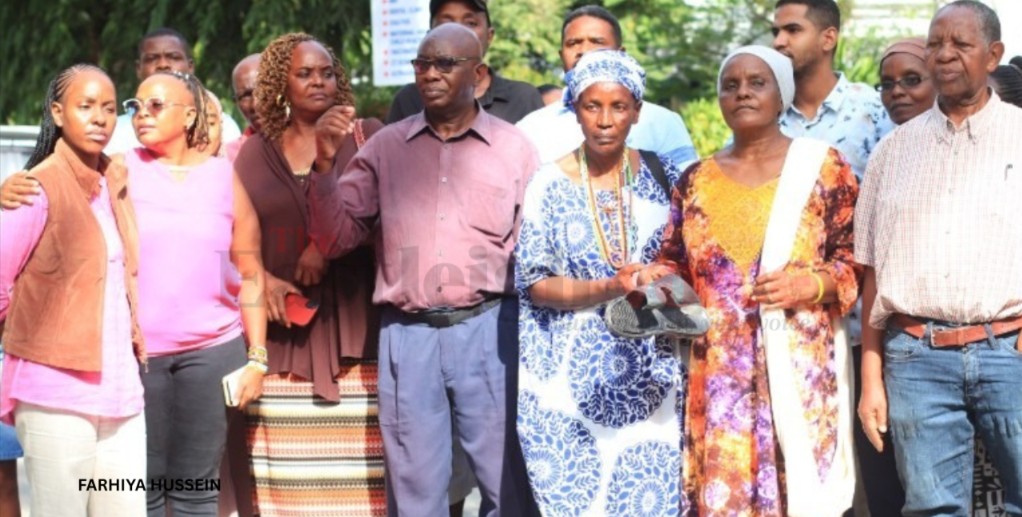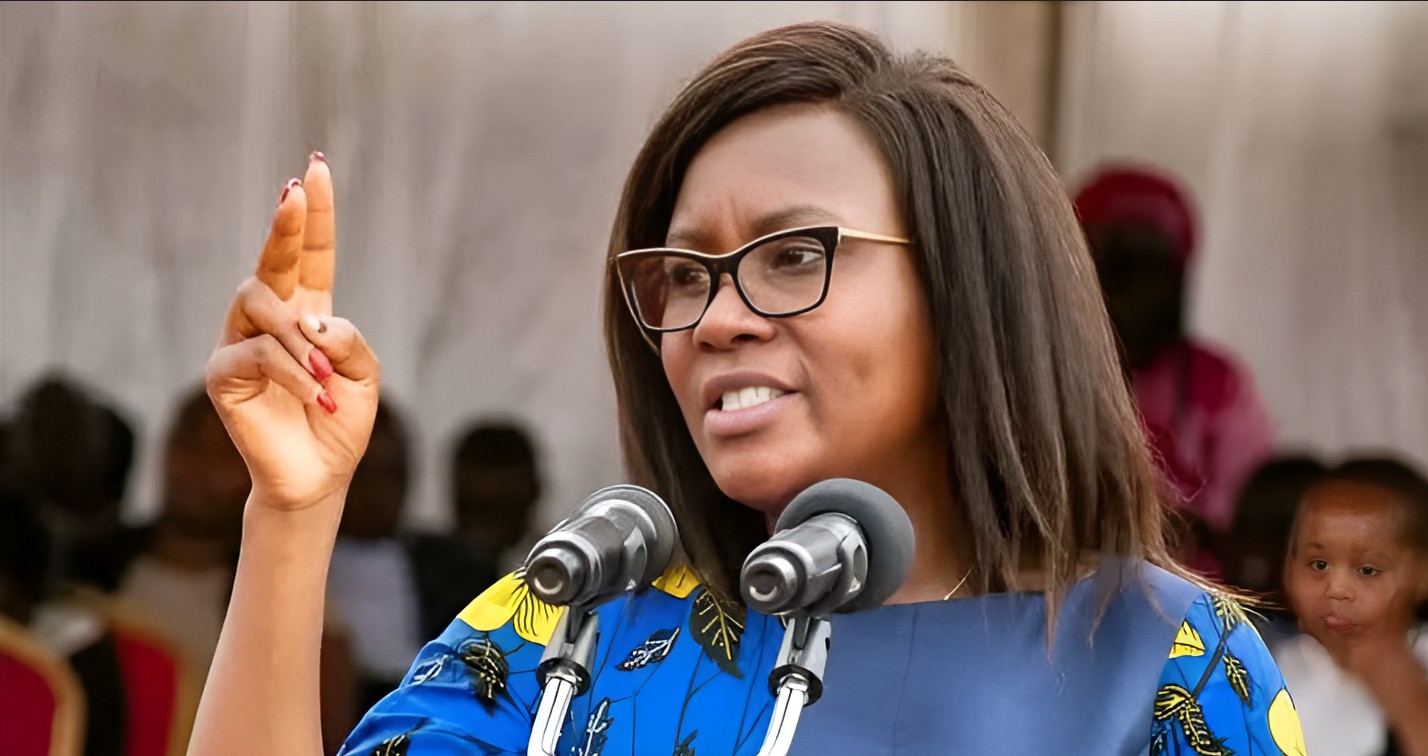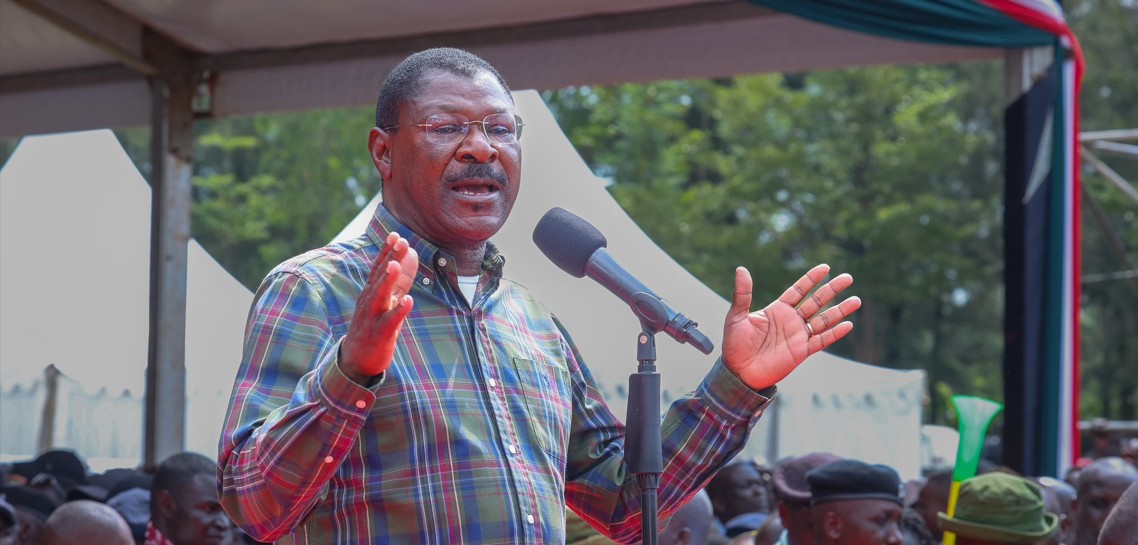Ruto affirms commitment to free, quality primary and secondary education despite budget strain
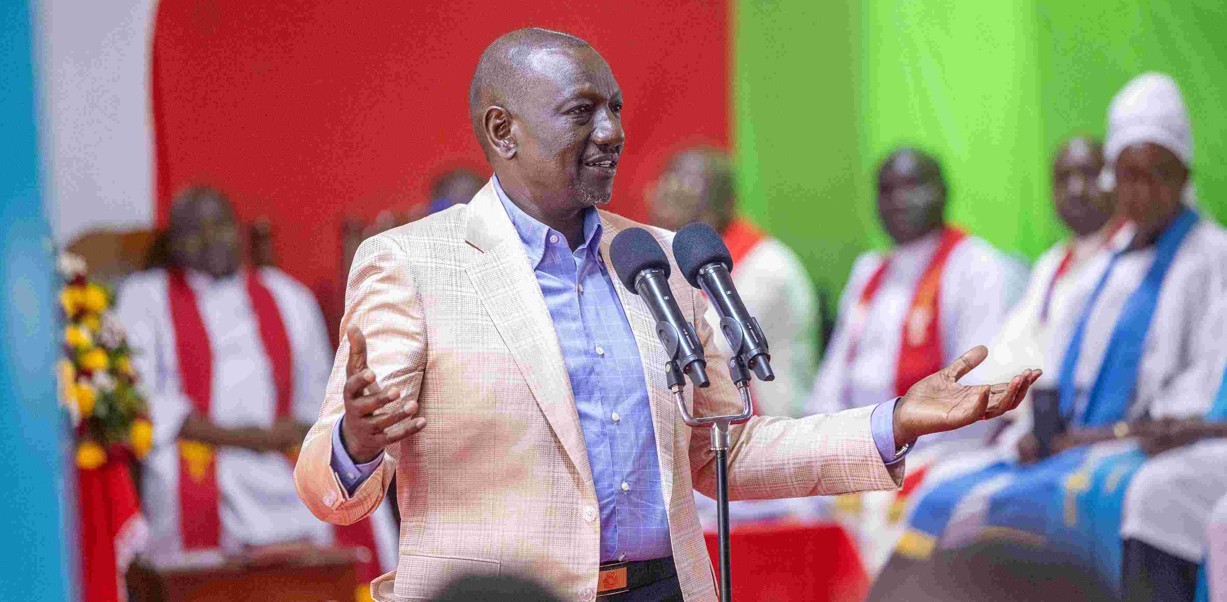
His assurance comes amid public concern following recent remarks by Treasury Cabinet Secretary John Mbadi, who told Parliament that the government can no longer sustain full capitation for every learner due to rising enrolment and limited fiscal capacity.
President William Ruto has moved to allay fears over the future of free education in Kenya, saying that access to quality learning at the primary and secondary level will not be compromised despite the country’s financial strain.
Speaking on Sunday during a church service at ACK St. Martins Parish Light Industries Church in Kariobangi, Ruto said his administration remains firmly committed to delivering education that is not only accessible but also affordable, of high quality, and relevant to the needs of the country.
More To Read
- CS Mbadi fires back at critics over school capitation shortfall, pins blame on Parliament
- Governors slam treasury over free education funding cuts
- Free education here to stay- PS Julius Bitok clarifies after uproar
- CS Mbadi under fire for saying State can’t fully fund free education
- Education CS Julius Ogamba put to task over Sh1.3 billion 'ghost school scandal'
- State slashes secondary school capitation to Sh16,900 per learner, citing financial unsustainability
“Education is the greatest empowerment that any society or country can give its people,” Ruto said. “It must be affordable, accessible, of good quality, and relevant,” he added.
His assurance comes amid public concern following recent remarks by Treasury Cabinet Secretary John Mbadi, who told Parliament that the government can no longer sustain full capitation for every learner due to rising enrolment and limited fiscal capacity.
In a firm response to those remarks, the President reassured parents and learners that his government will not allow financial challenges to stand in the way of the constitutional right to education.
“I want to give assurance that education cannot be compromised—not access, not quality, not affordability, and not relevance,” the President said.
Ruto outlined progress made over the past two years, including the recruitment of more teachers, increased funding for school infrastructure, and greater investment in digital learning tools, as part of efforts to improve education outcomes across the country.
He also thanked the church for its continued role in supporting education, especially in areas where learners face greater challenges due to poverty and limited government presence.
Meanwhile, Mbadi has stood by his earlier comments, maintaining that the government is financially unable to continue fully funding every student’s education. Appearing before Parliament’s Education Committee on July 24, he said the country’s current fiscal position demands a new approach.
“The current financial muscle cannot meet the full cost per student,” Mbadi said, noting that the capitation amount for secondary school students has been slashed from Sh22,244 to Sh16,900 per learner.
He said the government still considers education a top priority but argued that the economic realities call for sustainable funding options, including the possibility of cost-sharing between the state, parents, and communities.
Mbadi’s remarks have sparked nationwide debate, with education stakeholders warning that reduced capitation could threaten access and quality for learners, especially in public schools.
Top Stories Today
Reader Comments
Trending
